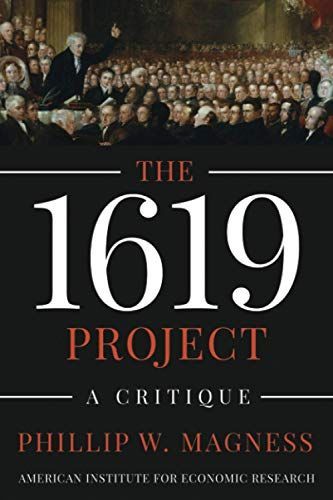
The 1619 Project: A Critique
”When I first weighed in upon the New York Times’ 1619 Project, I was struck by its conflicted messaging. Comprising an entire magazine feature and a sizable advertising budget, the newspaper’s initiative conveyed a serious attempt to engage the public in an intellectual exchange about the history of slavery in the United States and its lingering harms to our social fabric. It also seemed to avoid the superficiality of many public history initiatives, which all too often reduce over 400 complex years of slavery’s history and legacy to sweeping generalizations. Instead, the Times promised detailed thematic explorations of topics ranging from the first slave ship’s arrival in Jamestown, Virginia, in 1619 to the politics of race in the present day. At the same time, however, certain 1619 Project essayists infused this worthy line of inquiry with a heavy stream of ideological advocacy. Times reporter Nikole Hannah-Jones announced this political intention openly, pairing progressive activism with the initiative’s stated educational purposes. In assembling these essays, I make no claim of resolving what continues to be a vibrant and ongoing discussion. Neither should my work be viewed as the final arbiter of historical accuracy, though I do evaluate a number of factual and interpretive claims made by the project’s authors. Rather, the aim is to provide an accessible resource for readers wishing to navigate the scholarly disputes, offering my own interpretive take on claims pertaining to areas of history in which I have worked." -- Phil Magness
Reviews
Matthew Zabel@mzabel